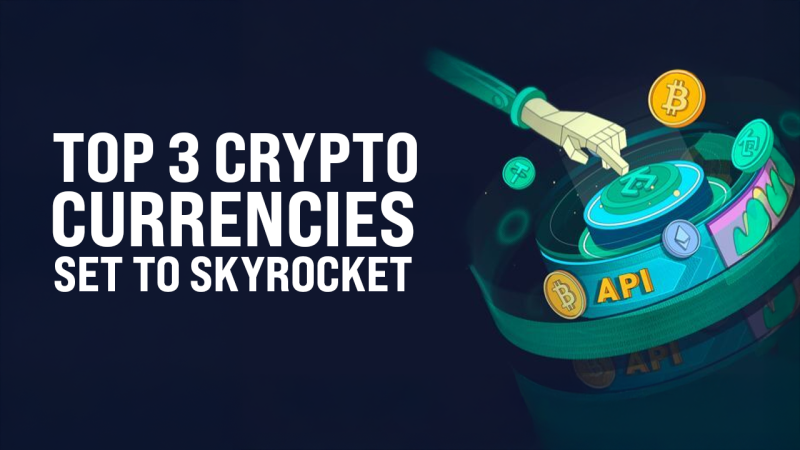 |
|
 |
|
 |
|
 |
|
 |
|
 |
|
 |
|
 |
|
 |
|
 |
|
 |
|
 |
|
 |
|
 |
|
 |
|
Cryptocurrency News Articles
Fuel Network Launches Native Token $FUEL, Taking a Major Step Towards Decentralization
Dec 19, 2024 at 11:11 pm
Fuel Network has taken a significant step in its development by officially launching its native token, $FUEL. This milestone marks a major achievement for the network and its community.

Fuel Network has officially launched its native token, $FUEL, marking a major milestone in its development. This step brings the network closer to its goal of offering users a more equitable and verifiable experience on the Internet, akin to Web 2.0 but without the hefty fees or centralized intermediaries.
Participants who are eligible for the Fuel Genesis Drop can now claim their $FUEL tokens via the platform set up by the company. Moreover, $FUEL will be available on centralized and decentralized platforms, including Bybit, Bitget (on Ethereum L1 and Ignition), Uniswap (on Ethereum L1), MIRA, and Spark (on Fuel Ignition).
With this launch, Fuel also takes a significant step toward decentralization by opening up the staking and delegation process on both its Fuel Ignition network and Ethereum. Any user can participate in Fuel’s decentralized sequencer network by delegating their $FUEL tokens to trusted validators on both networks.
Fuel’s Decentralized Sequencer
Fuel aims to fully decentralize the transaction sequencing process, which is critical for improving fault tolerance, resistance to censorship, and network availability. While centralized solutions currently dominate the space, Fuel is betting on an evolution toward a shared and permissionless network for its rollups. The Fuel sequencer uses Tendermint’s Proof of Stake (PoS) consensus to organize transactions on Fuel Ignition. Currently, Fuel has 13 validators on its network, with plans to make it fully decentralized in the near future. Users who delegate their tokens to these validators can earn rewards but must be aware that if a validator fails to act correctly or behaves maliciously, they could face slashing penalties.
How to Participate in $FUEL Staking
Staking is now available, and users can do it both on Ethereum and Fuel Ignition to earn rewards. The token’s annual inflation is set at 3%, adjusted by the validator set of the sequencer. On Ethereum, users must connect a compatible wallet and migrate their $FUEL tokens to the Fuel network if necessary.
On Fuel Ignition, the process is simpler, as it does not require token migration and fees are lower. Both options offer flexibility, allowing users to choose between Ethereum’s security or Fuel Ignition’s simplified integration, depending on their priorities and level of experience.
Disclaimer:info@kdj.com
The information provided is not trading advice. kdj.com does not assume any responsibility for any investments made based on the information provided in this article. Cryptocurrencies are highly volatile and it is highly recommended that you invest with caution after thorough research!
If you believe that the content used on this website infringes your copyright, please contact us immediately (info@kdj.com) and we will delete it promptly.



















































